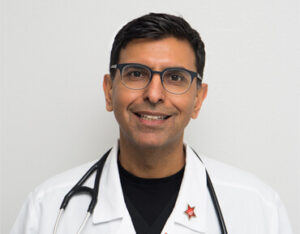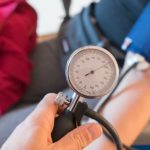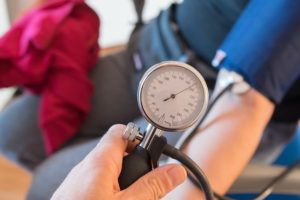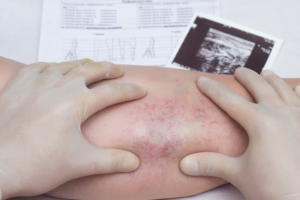 The Tampa cardiovascular physicians and employees at Tampa Cardiovascular Associates are committed to providing our patients with the best available programs for the prevention, diagnosis, and treatment of artery and vein diseases.
The Tampa cardiovascular physicians and employees at Tampa Cardiovascular Associates are committed to providing our patients with the best available programs for the prevention, diagnosis, and treatment of artery and vein diseases.
Our physicians maintain Board Certifications and are Affiliate Associate Professors in the USF College of Medicine, Department of Cardiology Our office labs are certified by ICAEL, ICANL, and ICAVL. Our advanced in-office testing includes a Phillips iE33 which allows us to perform 3D echocardiograms along with strain and speckle tracking. We also perform stress echocardiograms, nuclear stress testing (using a GVI nuclear stress machine which allows the patient the comfort of sitting up during testing), exercise stress testing, micro T wave Alternans, electrocardiograms, Holter monitoring, event monitoring, tilt table testing, 24 hour blood pressure monitoring, and pacemaker/ICD checks.
Dr. Sawar joined Tampa Cardiovascular Associates in 2009 and is currently a managing partner of the practice.
Following a residency in Cardiology at the University of South Florida, Dr. Sawar completed a Fellowship in Interventional Cardiology at Yale University. He holds 3 Board Certifications in Interventional Cardiology, Cardiovascular Diseases, and in Internal Medicine, and is a Fellow of the American College of Cardiology (FACC). Dr. Sawar is also a Clinical Assistant Professor at the University Of South Florida School Of Medicine. He has a keen interest in structured heart disease and is a senior member of TAVR team which also performs MitraClip procedures. Dr. Sawar also performs Peripheral intervention, Vein intervention, Watchman procedure, Pacemaker Implant, Defibrillator Implant and performs complex angioplasty procedures of the heart.
Visit www.TampaCardio.com to learn more or schedule your appointment.


 Never ignore varicose veins for two reasons:
Never ignore varicose veins for two reasons: 
 Patients are living longer as HIV treatments progress. They are also living high-quality lives. Modern medicine has miraculously transformed a tragic terminal illness into a manageable condition that can be lived with and kept in check for years and even decades allowing for a longer fuller life.
Patients are living longer as HIV treatments progress. They are also living high-quality lives. Modern medicine has miraculously transformed a tragic terminal illness into a manageable condition that can be lived with and kept in check for years and even decades allowing for a longer fuller life.
 Studies reveal that optimistic, happy, glass half full people are more likely to have good heart health as well.
Studies reveal that optimistic, happy, glass half full people are more likely to have good heart health as well.

 Dry vs. Wet Saunas – Are they good for you and can they help your heart?
Dry vs. Wet Saunas – Are they good for you and can they help your heart?
 If you’ve ever experienced depression you understand that it can sometimes feel like you have a broken or heavy heart.
If you’ve ever experienced depression you understand that it can sometimes feel like you have a broken or heavy heart. 
 Essential hypertension is the blanket term used when no root cause is found for high blood pressure. As many as 95% of all high blood pressure falls into this category.
Essential hypertension is the blanket term used when no root cause is found for high blood pressure. As many as 95% of all high blood pressure falls into this category.
 Varicose and spider veins are unsightly and sometimes embarrassing. It’s easy to consider them just a visual issue and dismiss them. The problem is that they are a medial issue that can become worse over time. The time to stop them is now.
Varicose and spider veins are unsightly and sometimes embarrassing. It’s easy to consider them just a visual issue and dismiss them. The problem is that they are a medial issue that can become worse over time. The time to stop them is now.
 Infective Endocarditis is an infection of the endocardium, by way of bacteria or fungus. It often leads to the onset of symptoms such as fever, anemia, heart murmurs, petechiae, and embolic phenomena.
Infective Endocarditis is an infection of the endocardium, by way of bacteria or fungus. It often leads to the onset of symptoms such as fever, anemia, heart murmurs, petechiae, and embolic phenomena.